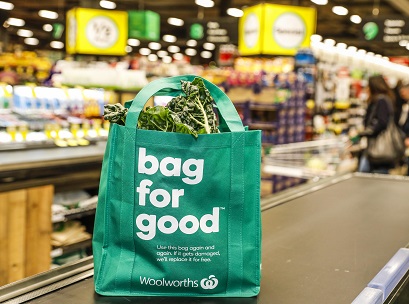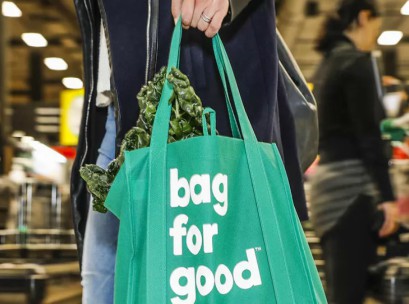 Australian consumers believe businesses and brands should be leading the way in lowering environmental impacts – ahead of individuals, retailers and governments.
Australian consumers believe businesses and brands should be leading the way in lowering environmental impacts – ahead of individuals, retailers and governments.
This is according to the HP Australia Environmental Sustainability Study 2018, which surveyed more than 1000 Australians and more than 600 business decision-makers about their attitudes around the environment in June of this year.
Among the findings is the fact that over 90 per cent of consumer and business respondents are concerned about environmental sustainability, but only half believe they are doing their fair share.
However, most survey respondents are looking to businesses to help them make positive changes.
Seventy-one per cent of consumer respondents said they are willing to pay a premium for environmentally sustainable products, while 70 per cent of workers aged 22-30 said they have a strong preference to work for a company which promotes sustainability compared to 48 per cent of Australians aged 46-53.
These attitudes represent an opportunity for Australian companies to not only deliver environmental outcomes, but also gain valuable customers in the process.
“It is no longer enough for companies to have environmentally sustainable practices – they need to encourage these behaviours in others,” Planet Ark recycling programs manager Ryan Collins said.
“Today’s consumers have good intentions but look to brands to help them make positive changes towards protecting the environment in their day-to-day.”
While Gen Y was found to express more concern about the environment, Gen X was more proactive in adopting sustainable practices – including choosing reusable bags, separating recycling into the correct bins and avoiding wasting water.
HP South Pacific interim managing director Paul Gracey suggested that the high degree of consumer interest in being more environmentally-friendly has to do with Australia’s biological diversity.
“Existing in a society increasingly characterised by single-use products and packaging, Australians are starting to recognise the impact their day-to-day behaviours have on the health of the environment,” Gracey said.
The study backs recent efforts from many Australian businesses to improve the sustainable practices within their operations, such as property firm Vicinity, which invested in a large-scale solar scheme to offset the power consumption of its shopping centres, and supermarkets Woolworths and Coles, which dropped single-use plastic bags despite taking a hit to sales.
Access exclusive analysis, locked news and reports with Inside Retail Weekly. Subscribe today and get our premium print publication delivered to your door every week.






